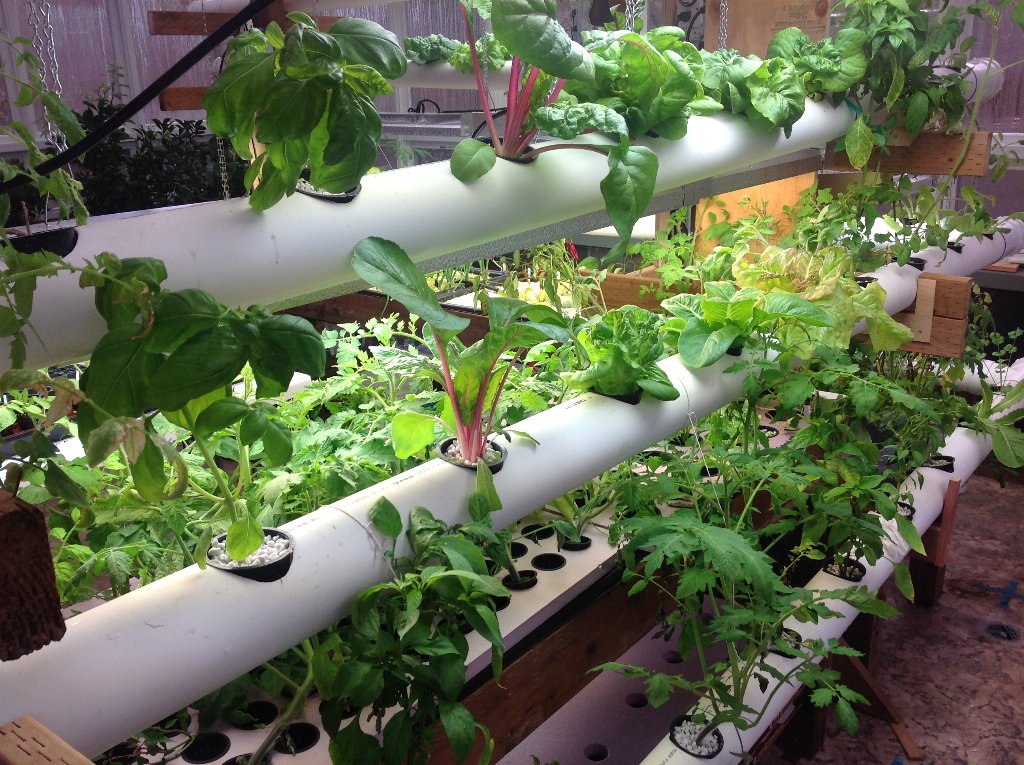
Innovations to Overcome the Increasingly Complex Problems of Hunger
This paper aims to assess alternative pathways toward overcoming hunger with an emphasis on innovation.
PARI research focuses on identifying and scaling promising agricultural innovations for agricultural growth and food security in Africa and India.

This paper aims to assess alternative pathways toward overcoming hunger with an emphasis on innovation.
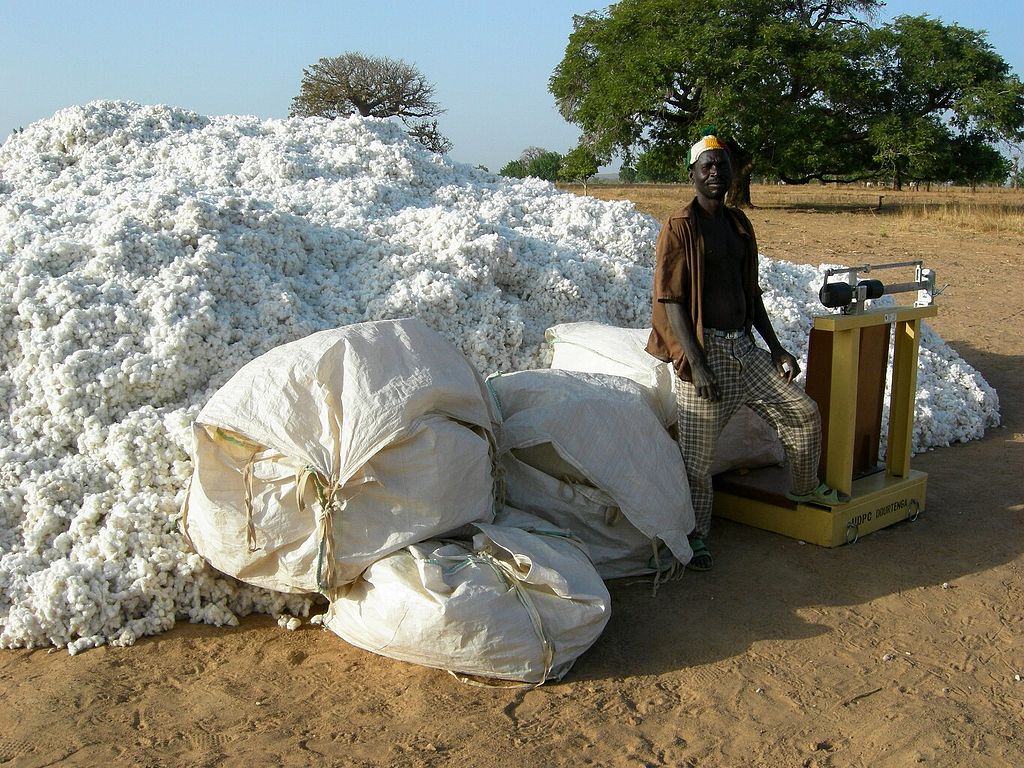
A case study approach is used to investigate the patterns of employment and income generation in cotton and rice value chains in Senegal and Benin.
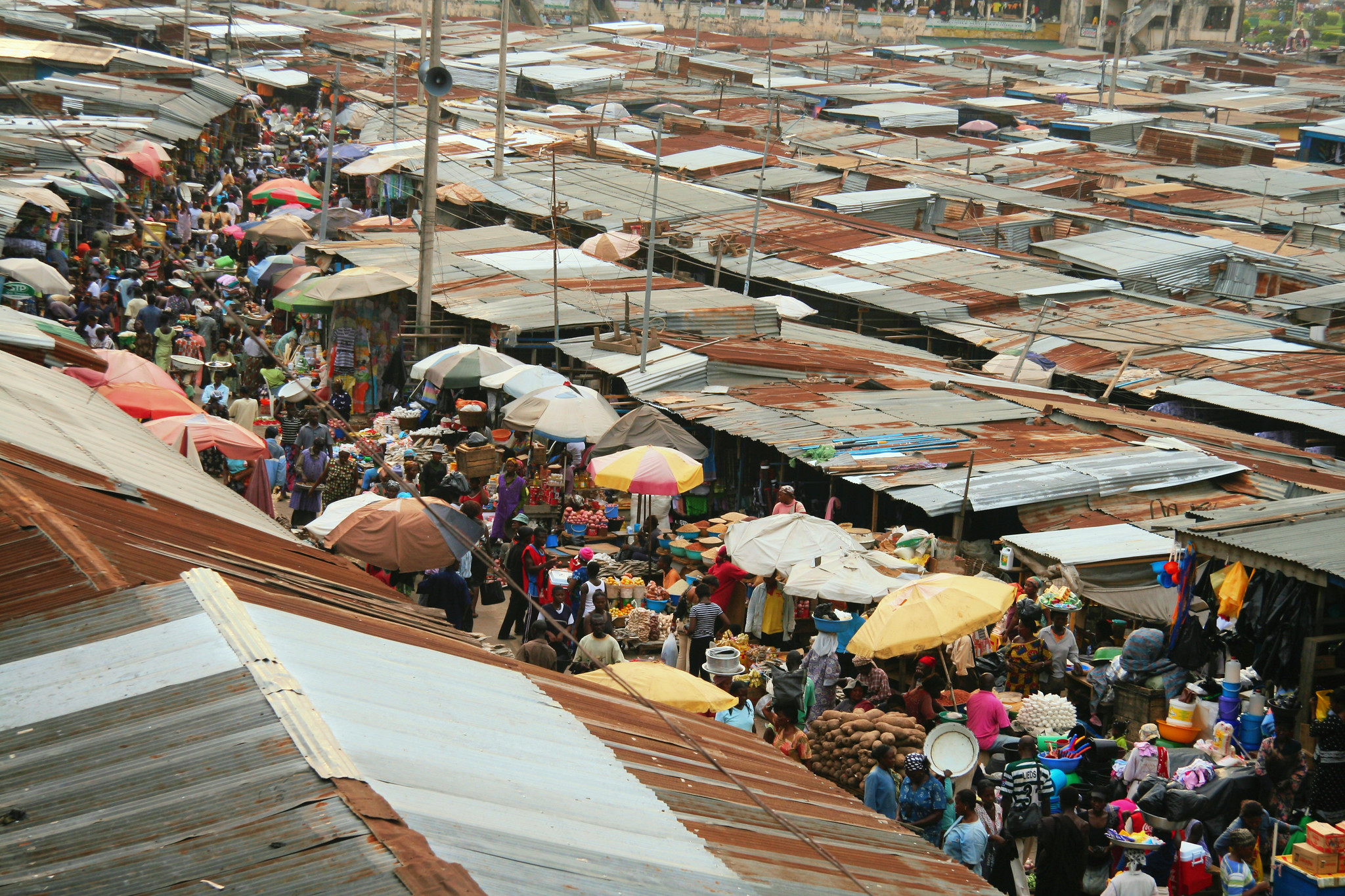
This paper examines whether investments in the agriculture and food sectors in Africa significantly increases overall economic growth and, hence, reduces food and nutrition insecurity.
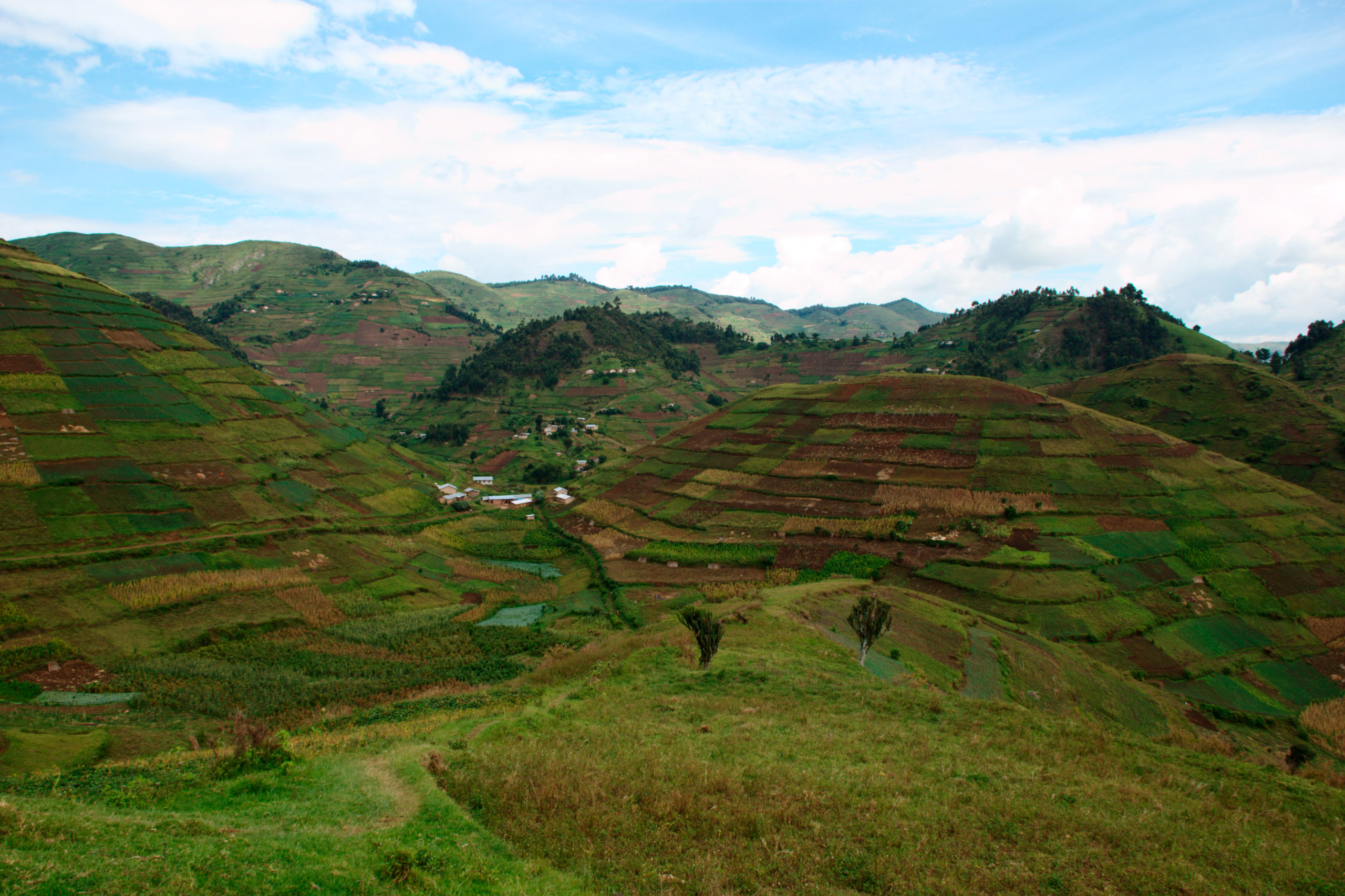
This paper looks at agricultural typologies of microregions for 8 of the 12 African countries in the PARI project to identify micro-regional level opportunities, bottlenecks and investment gaps.

This study aims to quantify the contributions of changes in cultivars, sowing dates and temperature to the changes in the phenology of winter wheat.
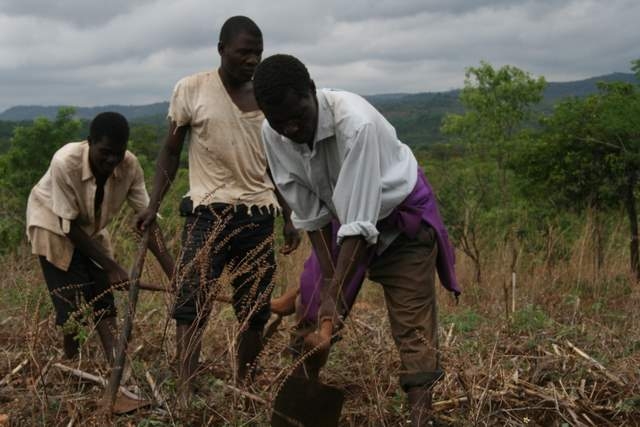
The study analyzes the current state of Agricultural Technical and Vocational Education and Training (ATVET) in Africa and presents its challenges and opportunities.
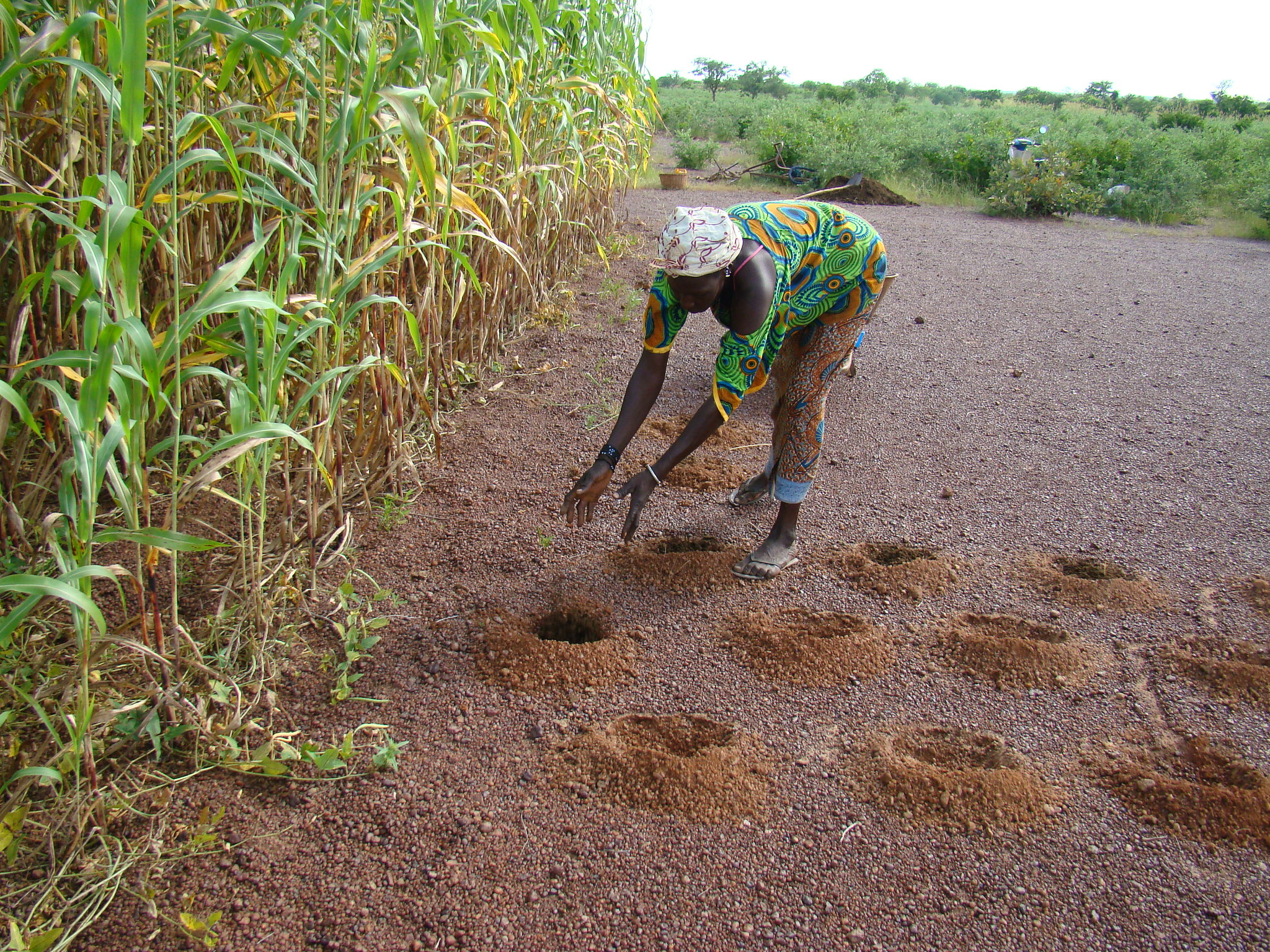
This study analyzes the different adaptation strategies proposed by farmers and examines them to seek effectiveness, and feasibility before making recommendations for better livelihoods.
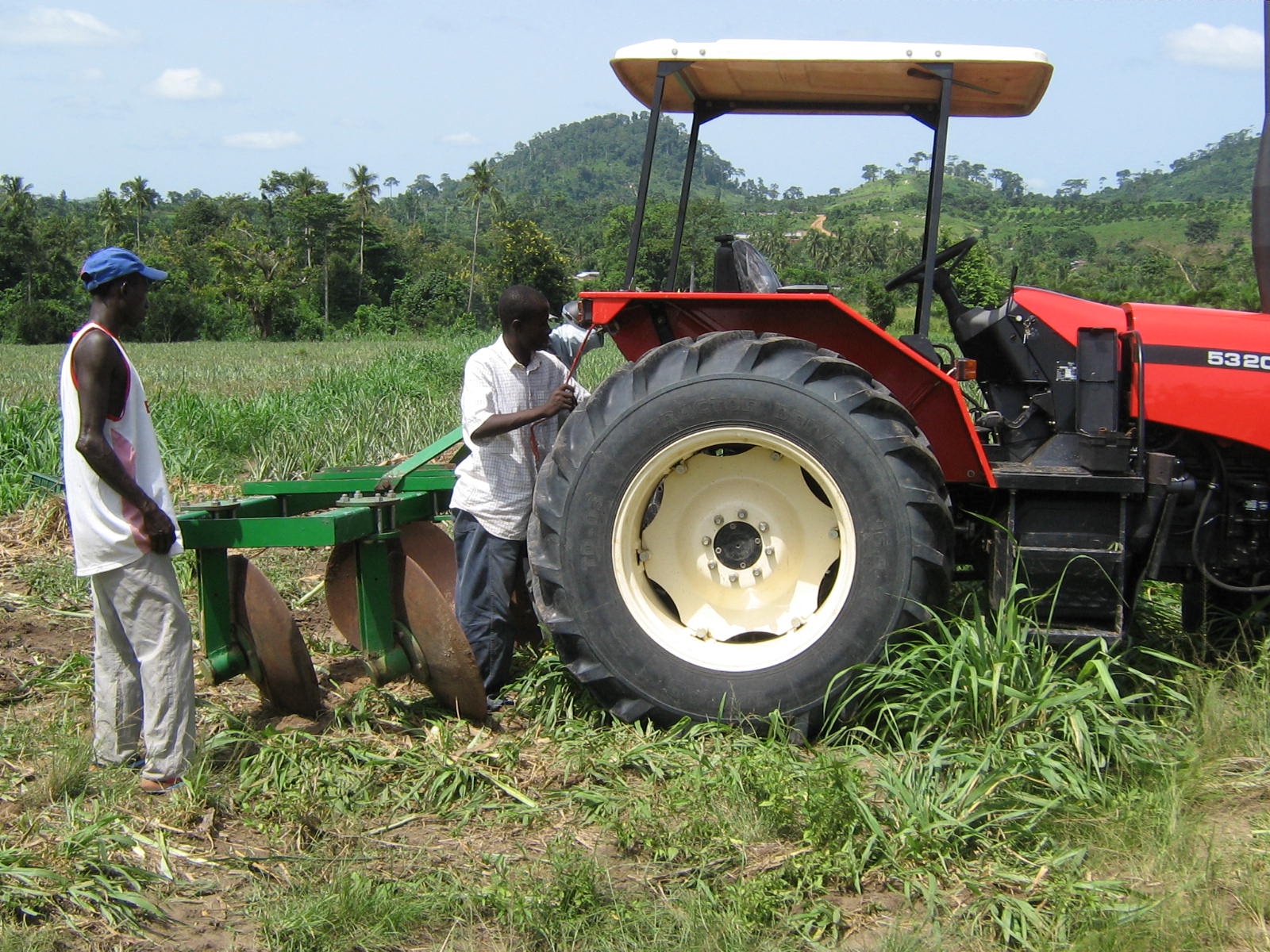
This review study examines the mechanization of the smallholder’s systems in Africa. It builds on the history of its mechanization and identifies the constraints that require action to ensure the growth of the sector.
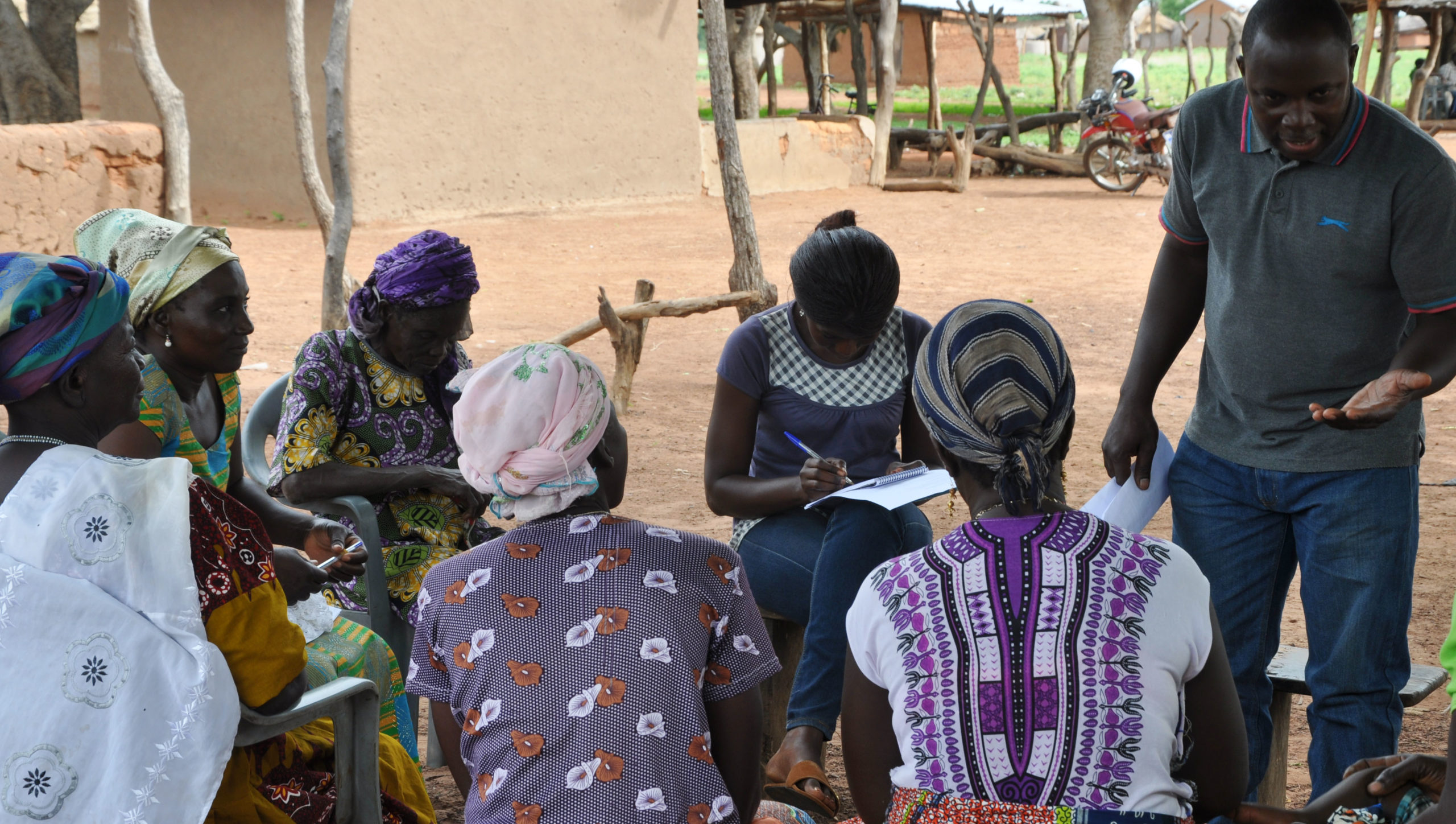
This study aims to fill missing socio-economic data and to carry out socio-economic analysis of hopeful technological innovations developed between 1996 and 2016, in particular for FARA priority sectors, namely rice, soybean, small ruminants and poultry.
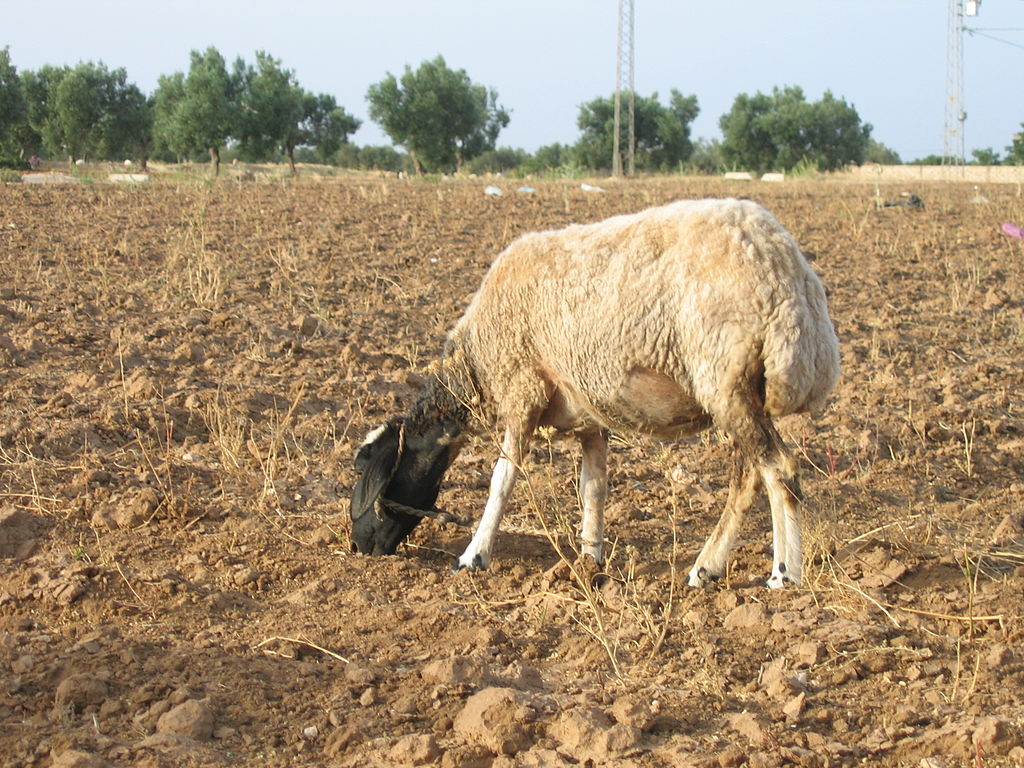
This study characterizes the dominant sheep production system within Sidi Bouzid, identifies the main stakeholders, marketing channels for inputs and outputs, challenges and opportunities to production, and provides policy recommendations.
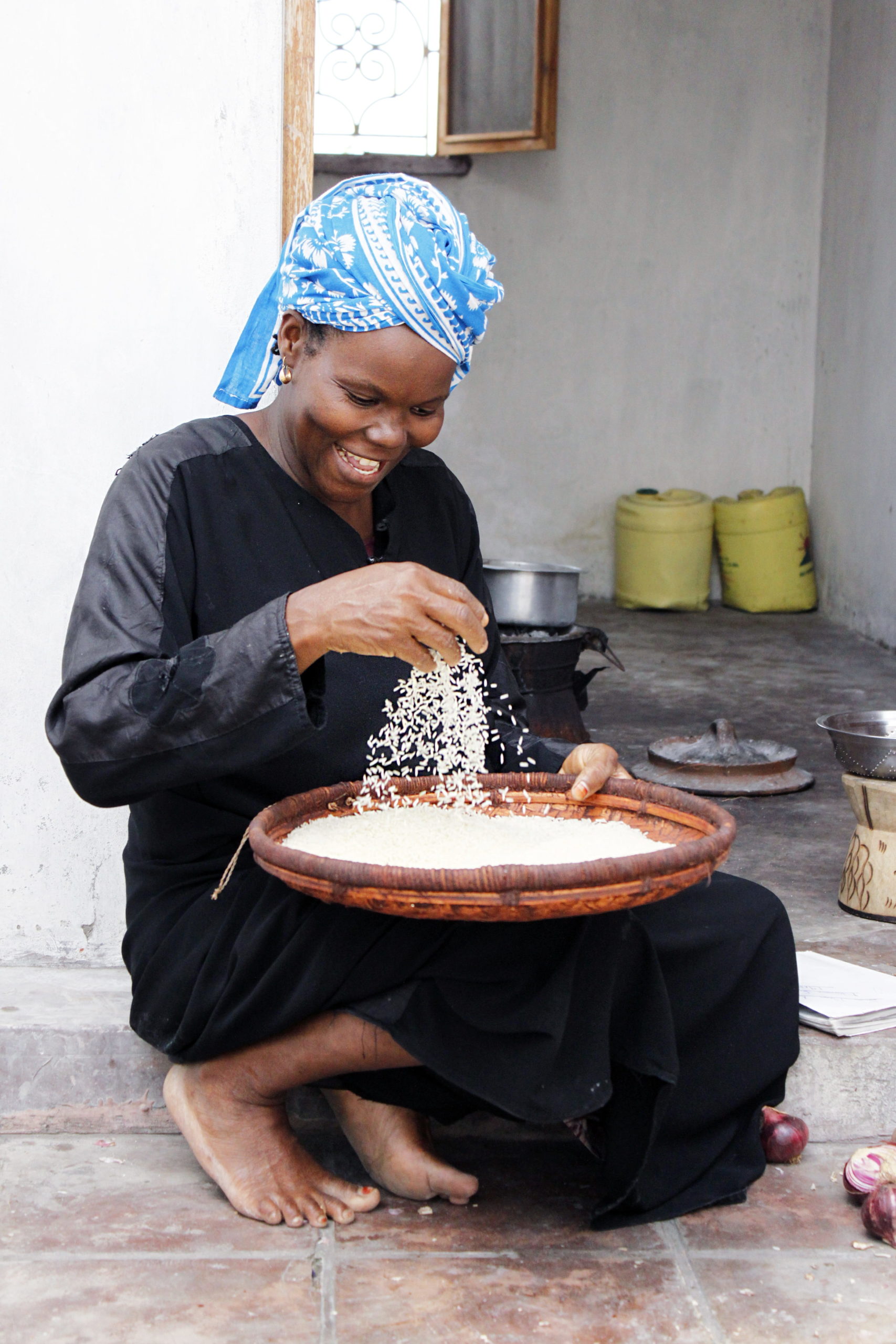
This study measures the effect of climatic changes on the income of rice growers in Togo.

This study aimed at understanding the outcome and impact of the use of innovation platforms, as well as identify and explore possibilities of replicating successful innovation platforms in other regions to enhance the livelihoods of the target communities.